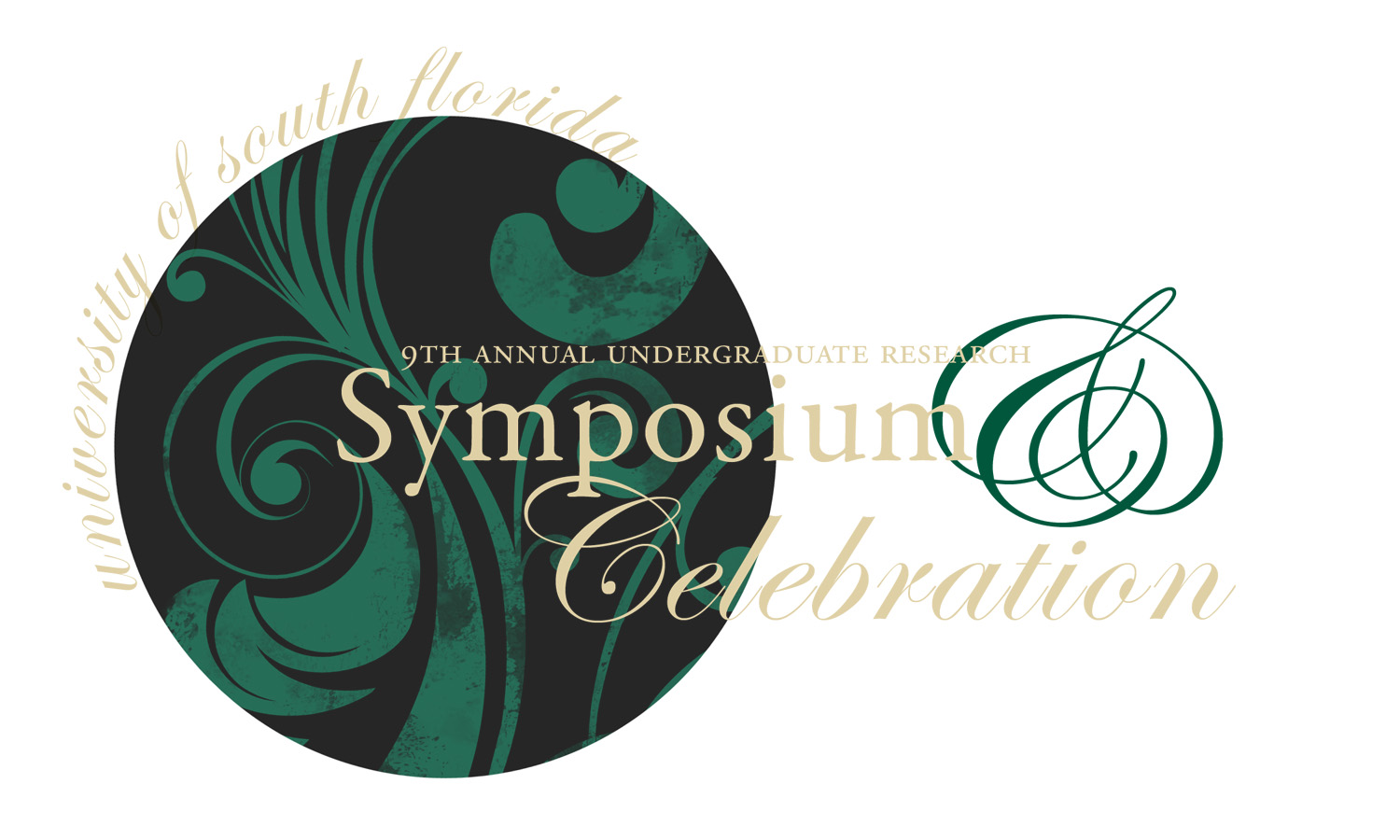Presentation Type
Paper
Abstract
The Diary of Arthur Schröder is about a fictional German composer living at the very end of the 19th century. It is written in the first person and included is a five minutePowerPoint presentation that features music from the period and readings from the diary. The concept behind this diary was to research and utilize a number of primary source diaries of popular European composers at the time and to synthesize their personal reflections into the thoughts of a composer who never reaches the sort of fame his contemporaries reach and who teeters on the notion of his own sexuality. The importance of the research was to creatively compile the sources together into a single work that offers the reader a microcosm of life as a European composer in the 19th century. Most of the sources were pulled from the USF library, while a few came from online sources. Overall the content found in the research allowed one access past the oft ostensible view of homosexuality and provided a more complex portrait of the struggles of love and the pressures of composing music in what is arguably the most prolific period of the classical music genre.
Categories
Humanities
Research Type
Creative
Mentor Information
Dr. Annette Cozzi
Included in
Diary of a 19th Century German Composer
The Diary of Arthur Schröder is about a fictional German composer living at the very end of the 19th century. It is written in the first person and included is a five minutePowerPoint presentation that features music from the period and readings from the diary. The concept behind this diary was to research and utilize a number of primary source diaries of popular European composers at the time and to synthesize their personal reflections into the thoughts of a composer who never reaches the sort of fame his contemporaries reach and who teeters on the notion of his own sexuality. The importance of the research was to creatively compile the sources together into a single work that offers the reader a microcosm of life as a European composer in the 19th century. Most of the sources were pulled from the USF library, while a few came from online sources. Overall the content found in the research allowed one access past the oft ostensible view of homosexuality and provided a more complex portrait of the struggles of love and the pressures of composing music in what is arguably the most prolific period of the classical music genre.

